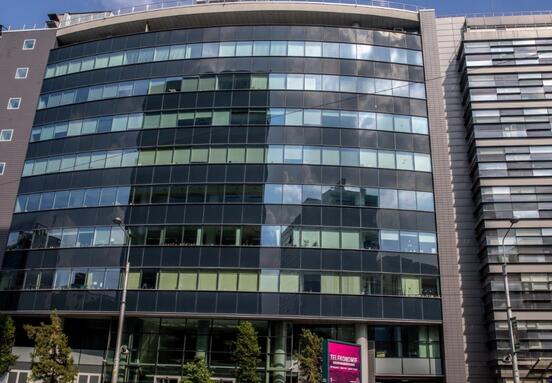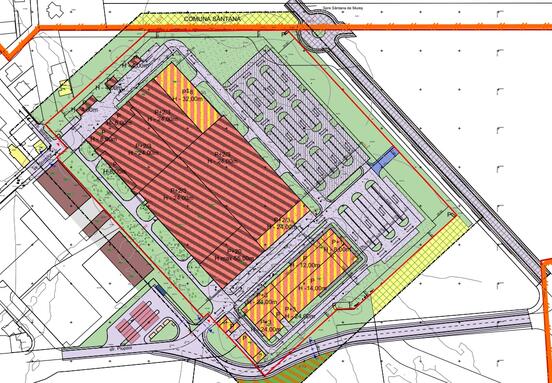‘62% of the interviewees expect that their income increases by 14.28% which means a significant increase. These data correspond to the answers of December 2013, when the expectations of increase were 51.5% and a reduced number of interviewees (3.85%) expected a significant increase of income. These data are better than the expectations of June 2014’ shows a press release of CIS.
Similarly, by comparison to 30 June 2014, the number of those who answered that they expect a reduction of income dropped from 20% to 8.57% on 31 December 2014. And this result shows a slight increase against the number of those of 31 December 2013, which was 6%.
The number of companies which consider that their business stays unchanged in the present year, dropped from 39.3% on 30 December 2013 to 28.5%. Even so, the result was high enough by comparison to 19.2% of 30 June 2014.
One of the major changes as regards the answers of the companies aims at the increase of the domestic market. The interviewees expect that this increase comes from the domestic market rather than from export. The expectations of the members regarding the reduction diminished against the previous year, now being 8.65%.
As a whole, by comparison to the situation a year before, the companies expect increases in their activities.
Despite the stronger trust in the increase of income and the results, the interviewees do not see a change in the capital investments, which are at the same level, respectively 46.15% by comparison to 48% in 2013, while 28.2% estimate an increase of capital investments by comparison to 24.14% in 2013 and 23.07% include the idea that they will invest less by comparison to the previous year.
However, for the question connected to the activity of capital investments in Romania, the study shows a slight increase as regards the expectations, from 38.2% on 31 December 2013 to 44.4% in December 2014. Anyway, an important number of interviewees, 38.8% consider that this type of investment is not competitive, and 16.66% consider it is not relevant.
The investors did not plan any major changes as regards work force, 53.84% of the interviewees estimating an increase of the number of employees against 55.5% of last year. Even so, 28.2% take into consideration a slight increase of the number of workplaces, as compared to 24% of the previous period.
‘The perspective of higher income together with a slight increase – even if not a considerable one – of expectations regarding capital investments or workplaces, shows a strengthening of trust in the stability of the economy and its possibilities for increase. At the same time, there is a sub use of the basis of equipment which could serve even to a higher demand than at present, as well as the necessity to continue efforts for the putting to value of the whole potential of the Romanian economy. The interviewees from the banking system felt this thing intensely enough and focused on the fact that ‘in the banking system there are more initiatives with negative impact on the domain’ the press release shows.
The legislative environment and the administrative efficiency remain some of the important challenges and can lead to blockage in the business environment, consider the investors. A high number of interviewees, 57.5% consider that the legislative environment and the administrative efficiency did not change by comparison to the previous year. Only 15% of them consider there is a slight improvement.
The interviewees show the fact that the fiscal environment for the business sector is unpredictable. The bureaucracy and the legislative changes are major challenges. The public sector needs stability as regards the work force (the human resources). The frequent changes with the personnel are against the interaction between the public system and the business environment affecting the continuation of the projects under development.
Moreover, the interviewees showed a lack of cooperation between companies in those joint projects meant to reduce unemployment or to develop certain sectors, such as technology, infrastructure, research and development.
‘The problems connected to fiscal issues, the administrative capacity for regulation, the lack of transparency and stability remain some of the key challenges, which do not seem to diminish’ the press release says.
The Council of Foreign Investors is one of the main associations of foreign investors in Romania and has 115 multinational companies as members, whose investments represent about 35 billion euro, namely almost two thirds of the total of foreign direct investments made in Romania since 1990 until now. (source: actmedia.eu)







